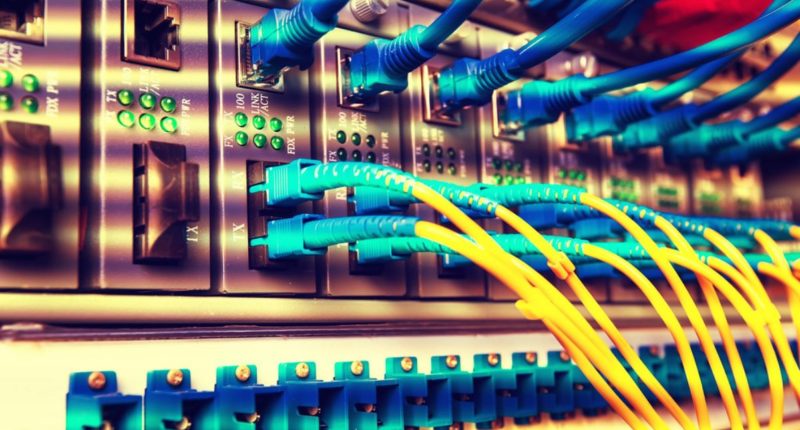Internet has transcended from a privilege for a few to a necessity for all. In a world where many countries recognise the ‘Right to Internet’ as a fundamental right, some parts of the world still have to realise the dream of a proper internet infrastructure. Africa, the poorest continent in the world, has a big challenge ahead of it when it comes to internet connectivity, and a group of companies have gotten together to share the burden.
Facebook, along with some telecom companies, has brought forth 2Africa, an initiative that aims to bring internet and connectivity to everyone. The measure will bring reliable internet speeds to people in the region, and become the pillar for the expansion of 4G, and in the future, 5G for a large part of the world.
China Mobile International, Facebook, MTN GlobalConnect, Orange, stc, Telecom Egypt, Vodafone and WIOCC have all gotten together to announce 2Africa, the goal of which is to connect 23 countries in Africa, the Middle East and Europe through a network of subsea cables spanning over 37,000km, making it one of the world’s largest subsea cable projects. According to a report on Bloomberg, the cost of the project will be just under $1 billion, according to three people familiar with the project, who asking not to be identified as the budget hasn’t been made public.
The project will seek to interconnect Europe (eastward via Egypt), the Middle East (via Saudi Arabia), and 21 landings in 16 countries in Africa. On its completion in 2023/24, 2Africa will be the most extensive cable network to serve the African continent and Middle East region, and will also connect, via east Africa, with other subsea cables for expanded connectivity to Asia.
The system, which will go live by 20204, will be able to provide better service than all the combined capacity of all current cable networks connecting Africa today. The new network will offer a design capacity of up to 180Tbps on key parts of the system.
2Africa has also partnered up with India’s Airtel to strike a deal with Telecom Egypt to provide a completely new crossing linking the Red Sea and the Mediterranean, the first in over a decade. Nokia Oyj’s Alcatel Submarine Networks has been appointed to build the cable.
The Tech Portal is published by Blue Box Media Private Limited. Our investors have no influence over our reporting. Read our full Ownership and Funding Disclosure →






